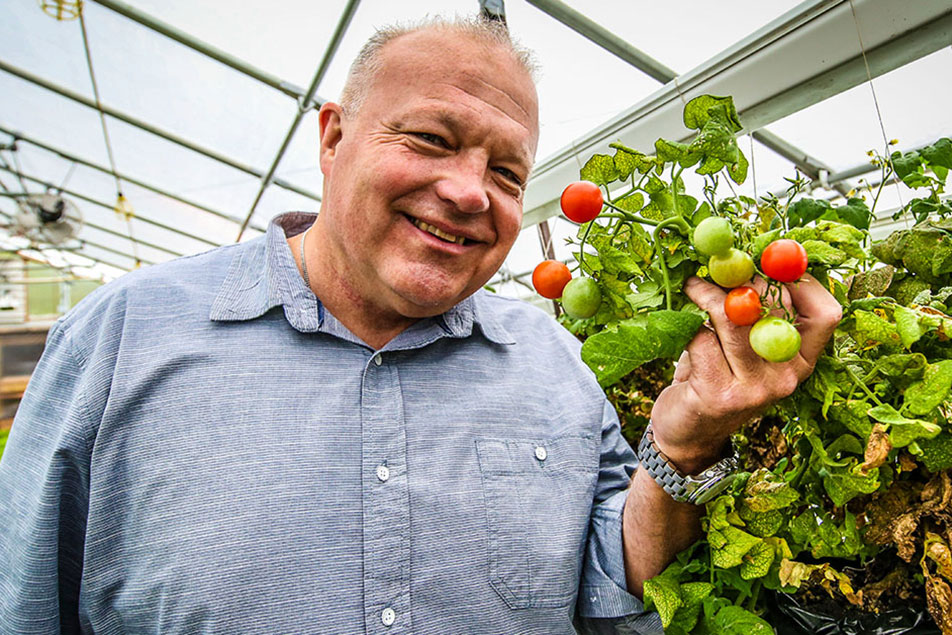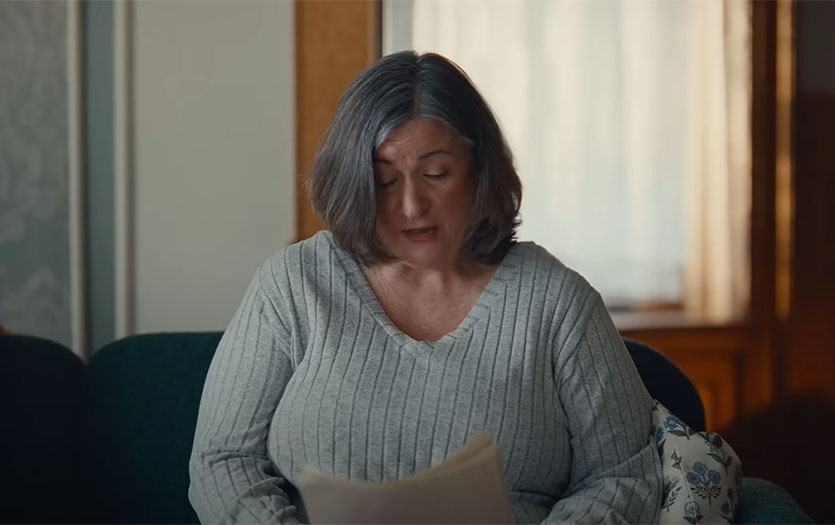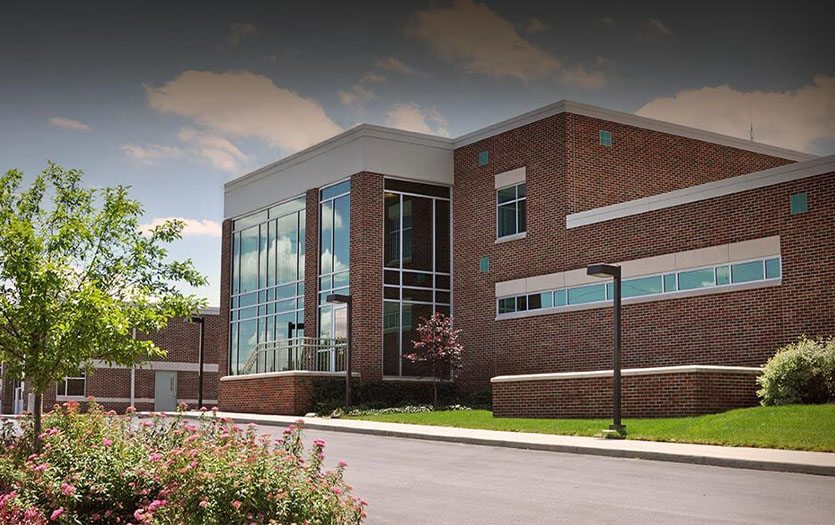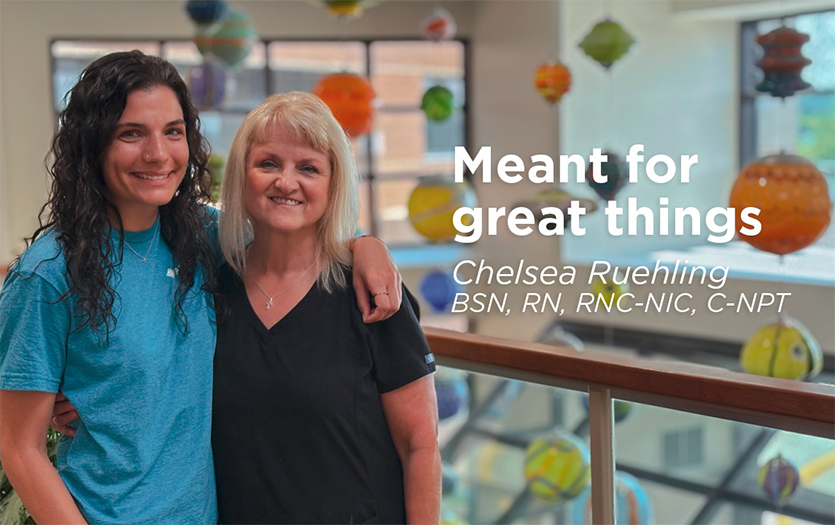
We all hope to find our professional calling. Magic can happen when we connect our passion with the services we provide to a community. There is no doubt that Shawn Fingerle found his. While the path to his current role at Parkview Behavioral Health might have been anything but a straight line, he has found his place among a team of men and women working tirelessly to improve mental health resources and programs in our area.
His portfolio of past times is as impressive as his dedication to his job. From raising funds jamming his band to farming fresh, nutritious crops, his commitment to our community is extensive. With a devoted heart and fierce resolve for change, Shawn Fingerle is just one of the incredibly dynamic, purposeful People of Parkview.
Name: Shawn Fingerle
Official title: Director of Clinical Services at Parkview Behavioral Health
Describe your education and career journey:
- 1984 – bachelor of science degree, Taylor University/FWBC
- 1993 – master’s degree in Business Administration, Indiana Wesleyan University
- Master’s degree in Mental Health Counseling, University of St. Francis
- August 1992 to May 1997 – Harvest Counseling and Psychological Services, CEO and Licensed Mental Health Therapist
- March 1997 to April 1998 – Housecall Home Healthcare, Knoxville, TN, Administrator for State of Indiana
- April 1998 to December 2001 – Parkview Hospital, Behavioral Health Inpatient Director
- March 2002 to October 2011 – Pfizer Pharmaceuticals, Senior Professional Healthcare Representative
- October 2011 to December 2014– Amgen Inc., Senior Bone Health Biopharmaceutical Representative
- December 2014 to present – Parkview Health System, Director of Clinical Services
What inspired you to pursue this profession?
Initially, I thought I wanted to be a pastor, but quickly discovered what I was being called to do, and what I was best at, was counseling others. That lead me to pursue my master’s degree in Counseling Psychology. I planned to become a psychologist and was enrolled and attending a doctoral program out of Chicago for a short time, but the commute to and from Chicago while raising three small children in Fort Wayne, was just too much for my wife and me to handle. Instead, I decided to pursue an MBA locally.
My career path has been unconventional. I am a licensed clinical social worker and have been in private clinical practice. In fact, I started Harvest Counseling Services in the 1990s, but sold after a few years so I could spend more time with my family. After selling, I managed homecare agencies and eventually became the director of Lindenview Psychiatric Hospital (now Parkview Behavioral Health) for Parkview from 1997 to 2001.
In 2002, I made a dramatic shift in my career and landed a job in the pharmaceutical industry, where I stayed for 14 years. I won many awards and was very successful. In 2014, my life circumstances changed again and I felt the calling to come back to mental health, and specifically, to Parkview, as the new Clinical Services Director at Parkview Behavioral Health.
What is a typical day like for you?
I spend most of my days working with my team and other professionals within Parkview to create and direct programs to meet the mental health needs of our patients in the community. I also work with others in the community to collaborate on projects to improve the delivery of mental health services in our area.
What would you say is the most challenging aspect of your profession?
A lack of mental health resources, lack of funding, the negative stigma about mental health, disjointed delivery of care and coordination of care between the various mental health providers and agencies.
The most rewarding?
The most rewarding aspect for me is working with others toward the goal of creating specific and targeted mental health and addiction treatment programs to positively impact the lives of others. Fort Wayne and the surrounding community has historically not been able to keep up with the mental health demands of the community. Furthermore, mental health resources are scarce, especially in the rural areas. And quite frankly, the quality of the care, especially regarding therapy, has not always been up to par.
At Parkview Behavioral Health, we are working hard to change this. We are aggressively adding targeted groups, programs and therapeutic interventions to enhance our outcomes. We aspire to become a regional training center for new therapists and to be viewed as a center for excellence for anyone suffering from mental illness, depression, anxiety, trauma or addiction. We’re confident we will reach this objective. The bar has been set, the ground work has been laid and the intention has been set in motion.
What is the biggest misunderstanding about mental health issues?
Often, people with mental health issues and addictions are misunderstood and shunned by society. They are often viewed as unlovable, weird, unsafe, someone with which you don’t want to be associated and strange. In reality, they are no different than you or me. They just happen to have a brain disorder that needs treated. And just like a heart patient who has a heart disorder, or a diabetic who has an issue with their pancreas, they deserve to be treated with dignity and respect. They are often lacking in skills and resources and many times don’t have a good support system. We need to help them at all levels. We need to help them connect, help them heal and help coordinate the care resources they need to get better.
With this said, probably the bigger misunderstanding is that mental health issues don’t affect you. Actually, the statistics tell us that all of us are affected by someone with mental illness and/or addiction, either within our families, friends and/or within ourselves at some point in our lifetime. It’s inescapable. We need to better understand it, accept it, be more compassionate and caring when it presents and help those who are afflicted with it find help and healing instead of turning a blind eye and ignoring the problems when they surface.
What was a career-defining moment for you?
Probably the most defining moment in my life was the day of my son Tyler’s auto accident. He was electrocuted by a downed power line in 2006. The accident affected us all greatly, but it left him with lasting, lingering chronic pain that persists to this day. Over time, he became dependent on pain medication. Fortunately, over time, he was able to beat his dependence. I have watched my son suffer from agonizing pain. His pain interfered with his ability to work, go to school, socialize and enjoy most aspects of life. I’ve watched his friends abandon him, people call him lazy and pharmacists and health care professionals treat him like a drug seeker. The stigma is horrific. I had a failed back surgery in 2012 and lived with the after effects of debilitating pain myself for two years before a second surgery finally gave me relief.
I also lost two close friends and family members to suicide and complications of mental illness recently. These experiences left me frustrated with our mental health system. They also motivated me to work hard to develop programming and therapeutic experiences for individuals and families that were more positive, effective and uplifting. As a result, in January of 2017, we started the Parkview Behavioral Health Chronic Pain Rehab Program to help people with chronic pain and co-morbid anxiety and depression to find ways to manage their pain without opioid pain medications. We also added several intensive mental health and addiction programs to help people dig deep into their issues so as to promote sobriety, hope, help and healing and improve overall quality of life.
You have a greenhouse. How did you get into that?
My oldest son Jordan (who is a medic at Parkview Whitley) pitched the idea of Fingerle Farms to me a few years ago. Jordan and I, along with his wife, Alyse (who also works at Parkview Whitley), all love the outdoors and growing things. My wife, Tami, is a Nurse Practitioner and an experienced critical care RN. So, as you can see, virtually my whole family is in the health care profession. Our goal as a family is to produce healthy, all natural, locally grown produce and to promote healthy eating and living habits. To accomplish this, we built a greenhouse on my property near Churubusco where we grow both indoor and outdoor crops, but specialize in heirloom tomatoes, several types of lettuces and herbs, as well as flowers and grasses in the spring.
What are your hopes for this project?
The ultimate goal of Fingerle Farms is to provide all natural produce to restaurants, markets and grocery stores year round, and to eventually open a local store where the public can buy fresh produce and other health-related food items. Additionally, we aspire to have a seasonal outlet for the public to buy landscaping flowers and grasses in the spring.
You also play in a band. What’s the name of the band and how did you become involved with playing music?
I have been playing music since college, when I would play in dorms and coffee houses with friends on the weekends. I have played in several bands over the last 30 years: Jaded Appetite, Beautiful Feet, Fuzzy Logic, Ten String Lyre, Remedy, and Frankie and the Bananas are a few. Frankie and the Bananas has been together since 1986, but I didn’t join until 1996. It is a band primarily of health care professionals who have a passion for great music and great patient care. The Frank of Frankie and the Bananas is Dr. Frank Byrne, past Parkview Hospital President. The band has several past or present Parkview employees, including current PPG physician Mark Dickmeyer, MD.
The Bananas have played for countless fundraisers over the last 30+ years, and have literally helped raise in excess of $1 million for causes like cancer, heart disease, lupus, diabetes, Alzheimer’s, Rock N Docs, hospice, ESPN Jimmy V Foundation, Super Shots, Riley’s Hospital for Children, sexual assault and several veterans groups. In fact, we have played for so many conditions we became affectionately known as “The Disease State Band”.
What does a typical set list look like?
It ranges from Honky Tonk Woman to Brown Eyed Girl to Light My Fire.
Of all of your hobbies, which brings you the most joy and why?
I love traveling with my family, but one particular hobby my wife and I enjoy is waterfall chasing. I know the song says, “Don’t go chasing waterfalls …” but we do just the opposite. Whenever we travel, we use an app that informs us when we are getting close to a waterfall and directions to go see it.
If you could tell people to read one book in their lifetime, which would it be?
The Bible. The Bible is the most amazing book ever written. It challenges how I think about the world and the importance I place on things. Although I fall short, it is a benchmark to strive for demonstrating how to forgive, because I’ve been forgiven, how to extend grace, because I have been given grace, and how to treat others equally, fairly, honestly, lovingly and with respect at all times.
What would we find on your bucket list and what do you plan to check off next?
I love history, especially military history. I have visited several military battlefields with my wife: Gettysburg, Antietam, Lookout Mountain, Chickamauga, Battle of Franklin, Battle of Nashville and West Point. We would like to visit other major battlefields in the eastern part of the U.S. and key WWII battlefields in Europe. But the ultimate bucket list trip would be to visit Israel and Egypt.
What’s the best piece of advice you’ve ever received?
“Do not be anxious about anything, but in everything, through prayer and petition, with thanksgiving present your requests to God and the peace of God, which surpasses all understanding, will guard your hearts and minds in Christ Jesus.” Philippians 4: 6-7



